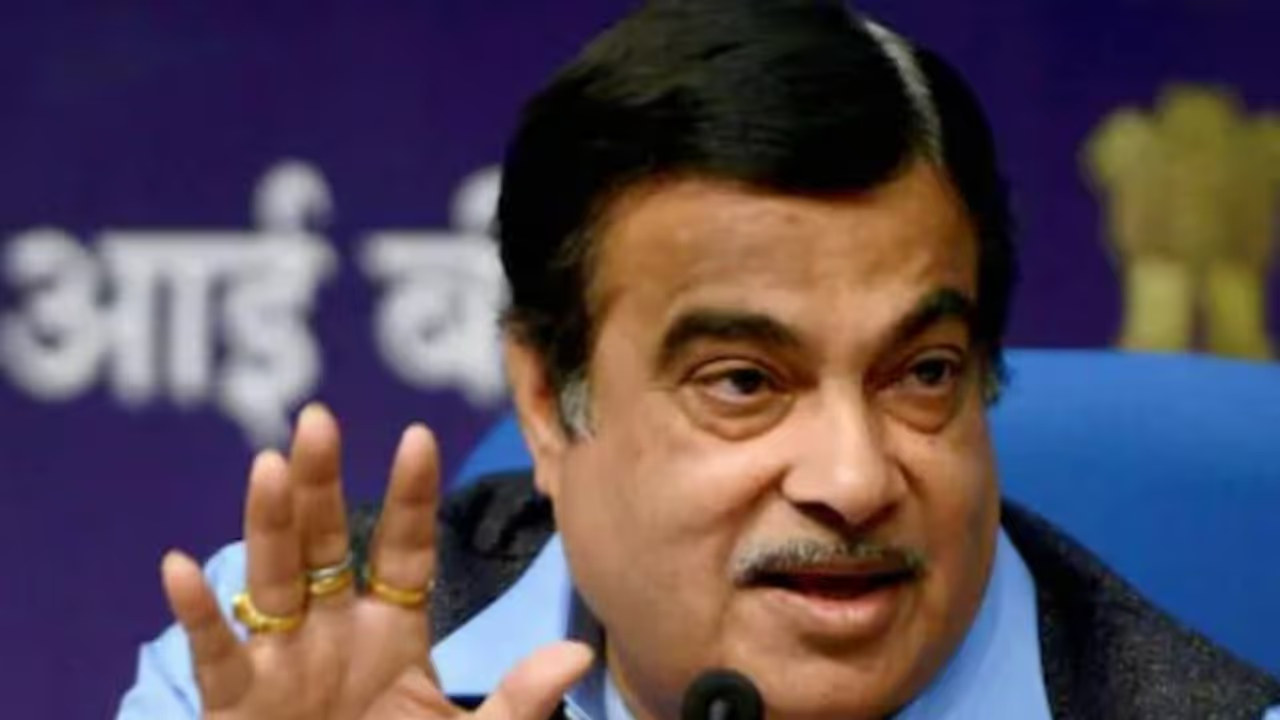Even during the times of Covid, the pace with which highway construction took place was 30km per day in the year 2020-21
Bengaluru: Notwithstanding the Covid outbreak, the pace with which highway construction took place was 30km per day in the year 2020-21. In 2019-20, the pace was 28km per day.
Construction of one kilometre 10-lane highway is still measured as one km and the same holds true for 2-lane highway.
Reportedly, February-March period of the current fiscal is witnessing even speedier construction.
Nitin Gadkari, the minister concerned wants to increase the pace to 40km per day.
So what makes the improvement?
Well, reports add that measures taken by the government - like shifting from milestone-based billing (typically ranging between 45-75 days) to monthly billing and release of retention money; performance security in proportion to the work already executed, etc. - have helped in reducing cash conversion cycle favouring the contractors. Hence, the increase in the construction pace.
“The recent relaxation of financial capacity and widening the definition of core sector (technical capacity) by including segments like hospitals, hotels, oil & gas, warehouses, among others, will drive more EPC players towards infrastructure projects, especially road, which is already overcrowded. The competitive intensity is expected to increase manifold. If the liquidity boosting measures are continued; this along with relaxation in qualifications for bidders could result in steep rise in execution- more than 40 km/day going forward,” said ICRA’s Rajeshwar Burla, as quoted by Swarajya.
Finance Minister Nirmala Sitharaman provided the highest-ever Rs 1.18-lakh crore capital outlay for the ministry of road transport and highways Budget 2021-22.
